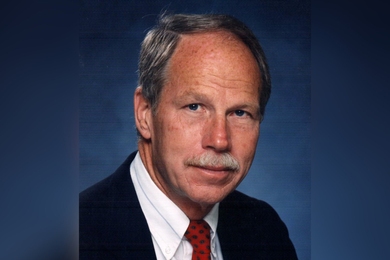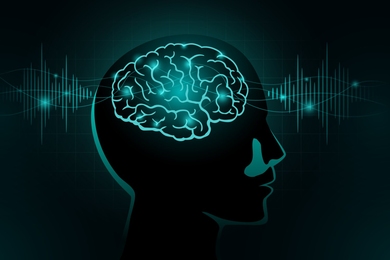Today, the National Science Foundation (NSF) named two young scientists — Scott Aaronson of MIT and Robert Wood of Harvard University — as recipients of this year’s Alan T. Waterman Award.
The annual award recognizes an outstanding researcher under the age of 35 in any field of science or engineering NSF supports.
In addition to a medal, each of this year’s awardees will receive a $1 million grant — twice the amount of last year’s award — over a five-year period for further advanced study in his field.
“Robert and Scott embody the best in young, bold and talented researchers in computing,” said NSF Director (and former MIT engineering dean) Subra Suresh. “I have no doubt that these two researchers will continue to have an extraordinary impact on our nation and the world in the years to come.”
Aaronson, the TIBCO Career Development Associate Professor of Electrical Engineering and Computer Science, is affiliated with MIT’s Computer Science and Artificial Intelligence Laboratory (CSAIL). A theoretical computational scientist, Aaronson pursues research focused on the limitations of quantum computers and computational complexity theory more generally.
His research addresses topics including the information content of quantum states, the physical resources needed for quantum computers to surpass classical computers, and the barriers to solving computer science’s vexing “P versus NP” question: whether every problem whose solution can be quickly verified by a computer can also be quickly solved by a computer.
Aaronson is a founder of the Complexity Zoo wiki, which catalogs more than 500 computational complexity classes, and the author of the much-read blog “Shtetl-Optimized” and the essay “Who Can Name The Bigger Number?” He studied at Cornell University and the University of California at Berkeley and has won honors including both the DARPA Young Faculty Award and the Presidential Early Career Award for Scientists and Engineers (PECASE) in 2009.
“By illuminating the fundamental limits on what can be computed in the physical world, and the potential implications of those limits, Scott Aaronson has staked out important new ground in computational theory,” MIT President Susan Hockfield said. “I am delighted that the National Science Foundation has recognized his dual abilities, both to articulate key research questions and to offer new methods and ideas for addressing them, with the Alan T. Waterman Award.”
“I’m surprised, excited and grateful to receive this award,” Aaronson said. “It will obviously be an enormous help to me in supporting my students and postdocs, so we can continue our work on quantum computing and the fundamental limits of computation.”
Wood is an associate professor in Harvard’s School of Engineering and Applied Sciences. He is founder of the Harvard Microrobotics Lab, which leverages expertise in microfabrication for the development of biologically inspired robots with feature sizes on the micrometer to centimeter scale.
The Waterman Award will be presented to Aaronson and Wood at a dinner ceremony held in Washington on May 3. Both awardees also will deliver lectures at NSF.
National Science Foundation’s most prestigious award will help fuel CSAIL researcher’s work.
Publication Date:

Caption:
Scott Aaronson
Credits:
Photo: Jason Dorfman (Copyright MIT)





